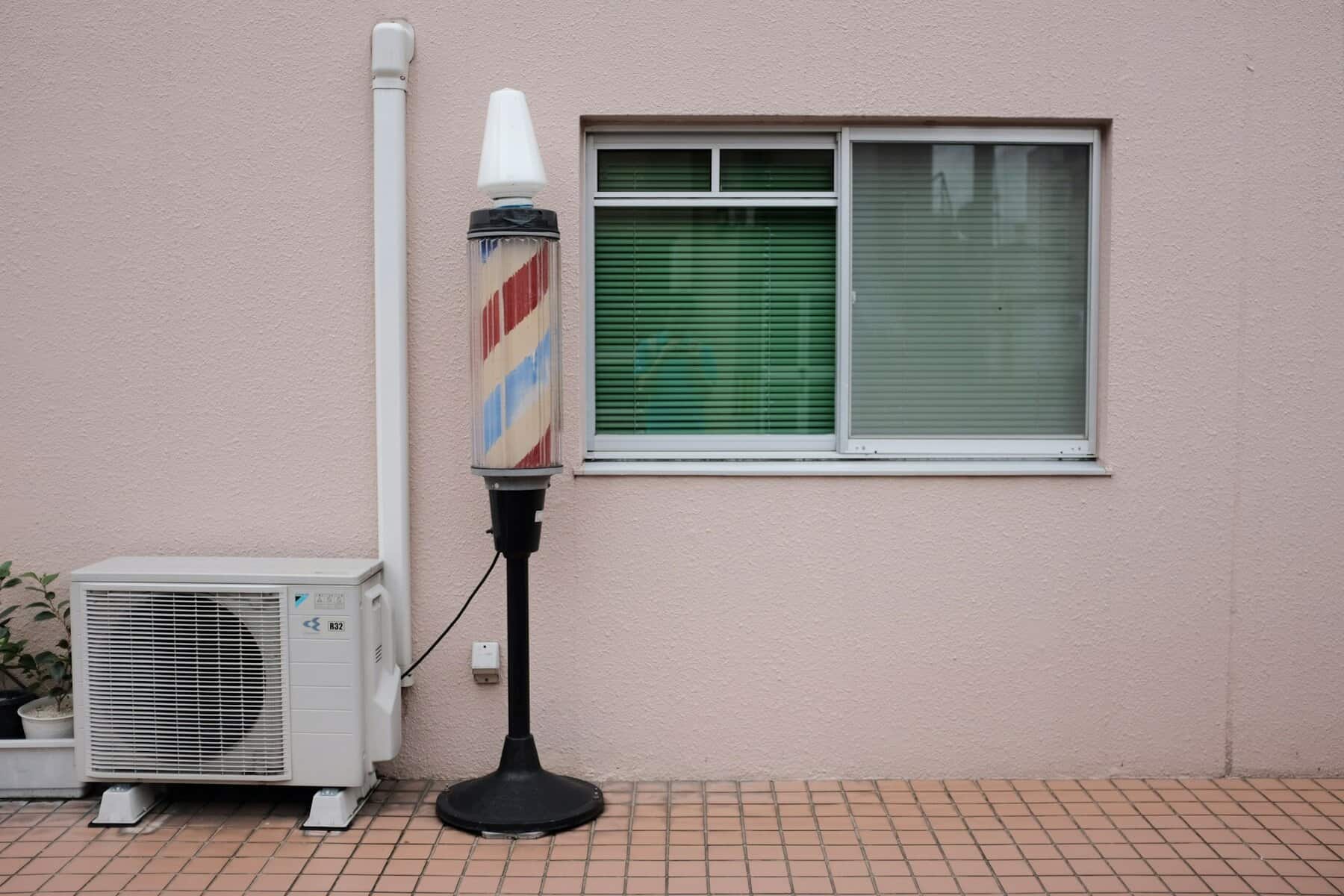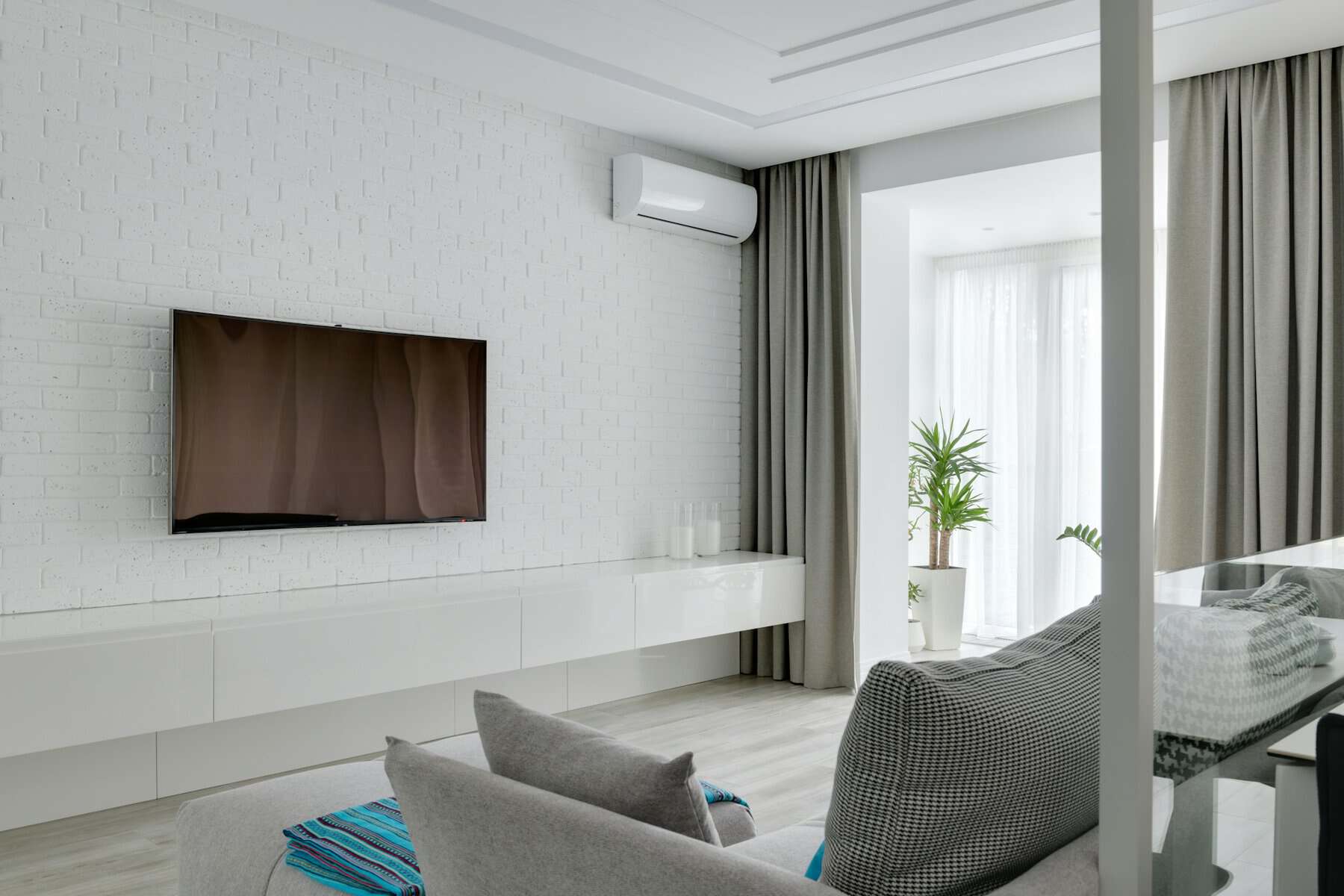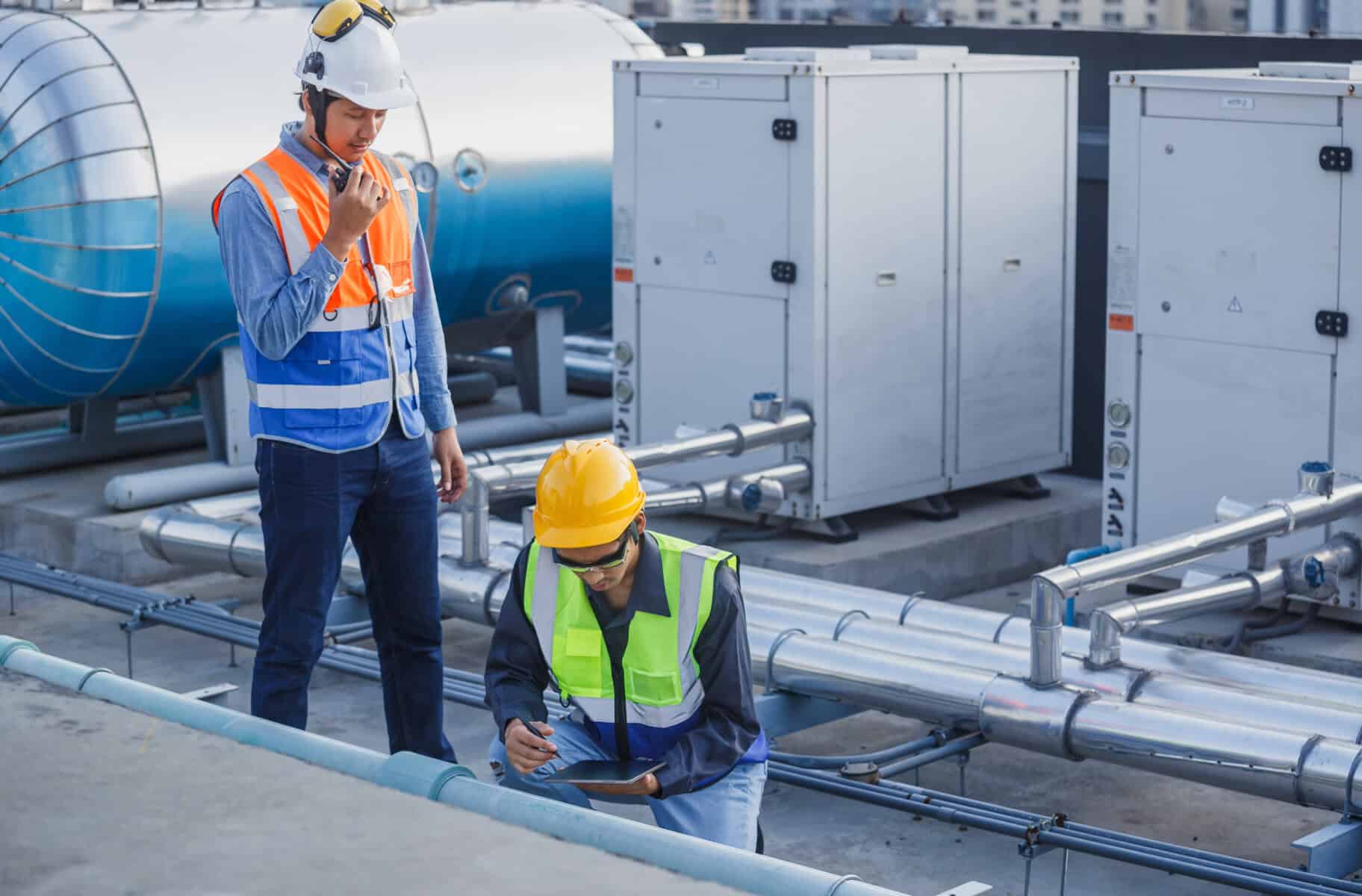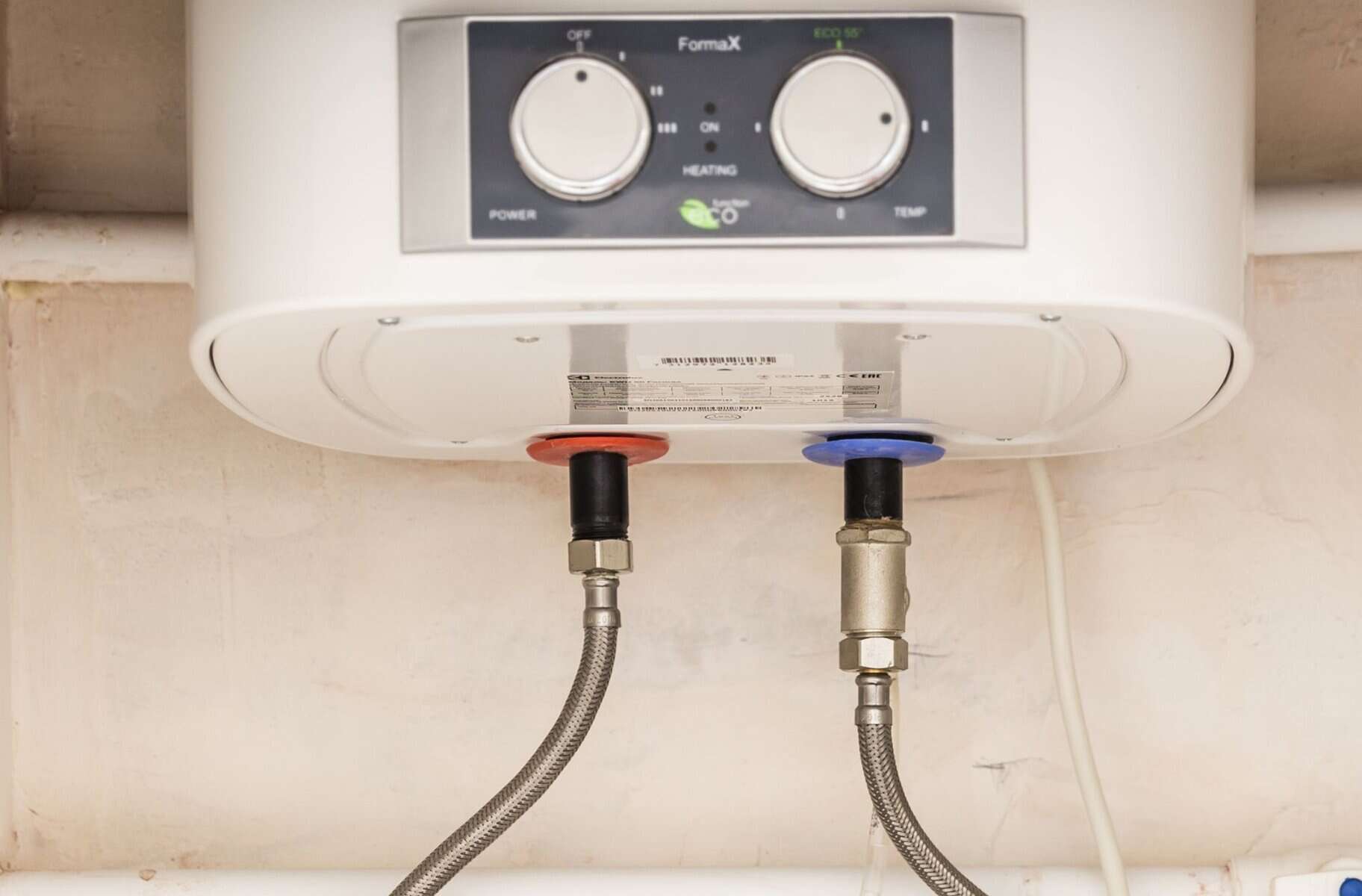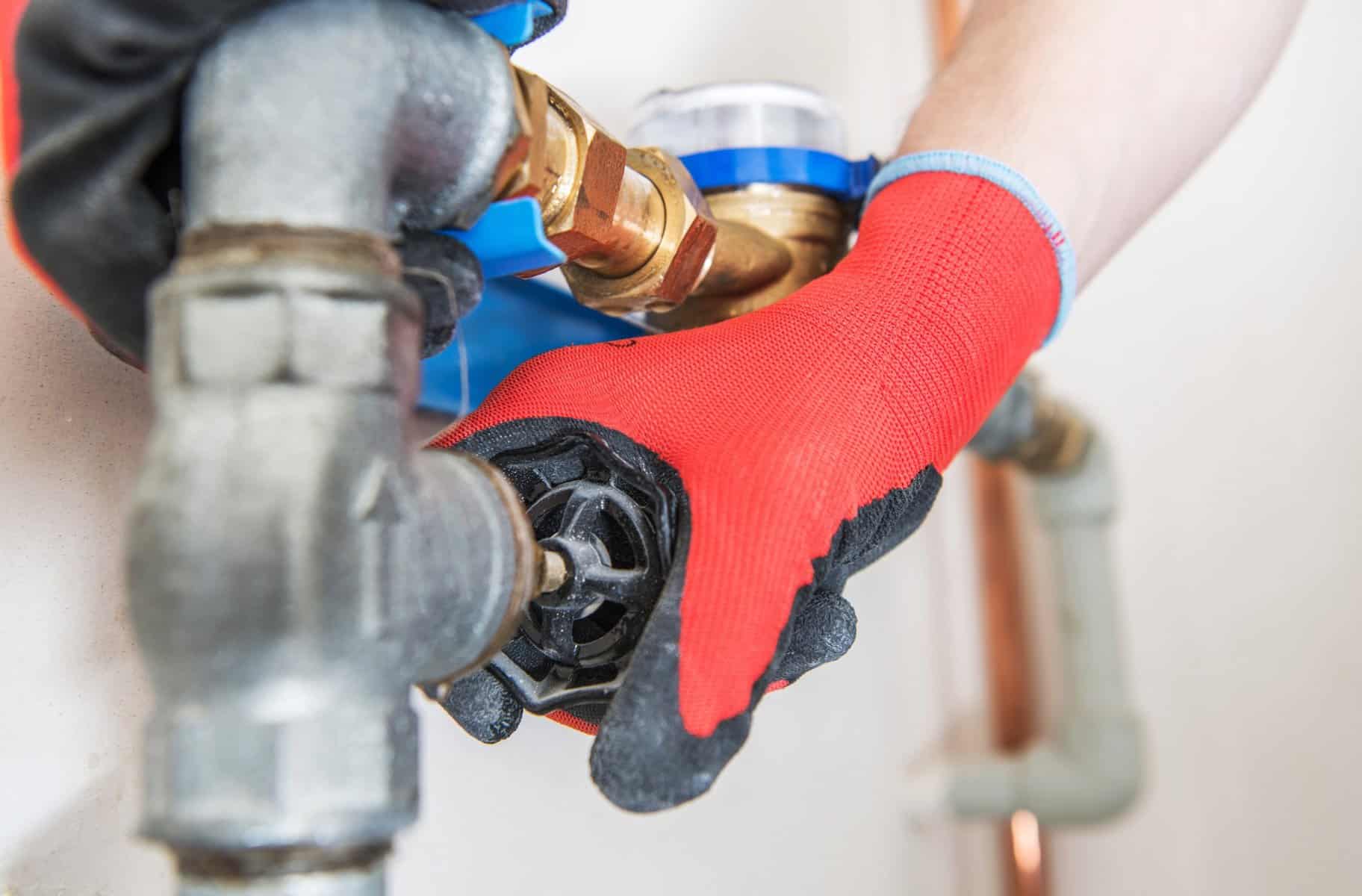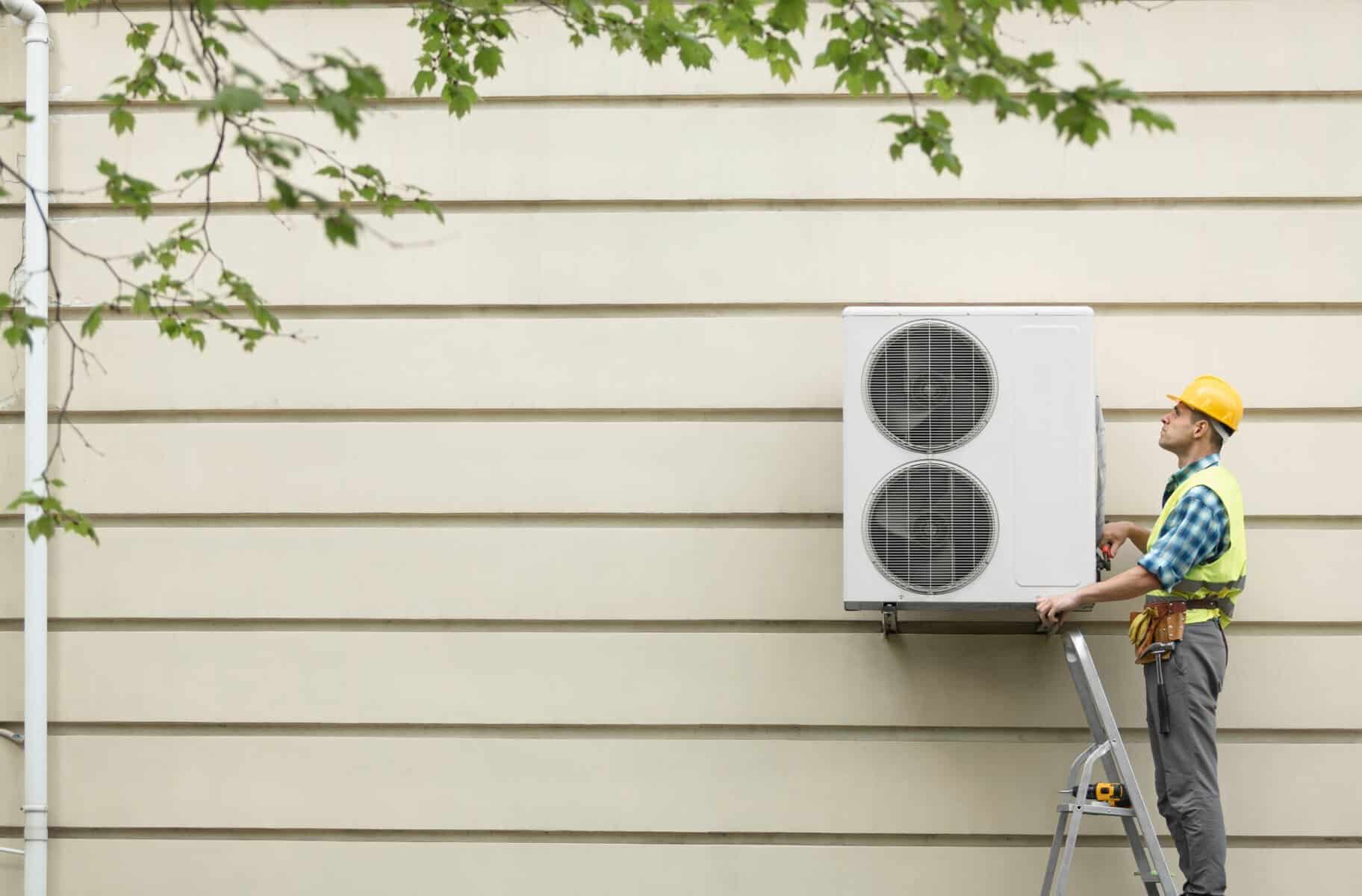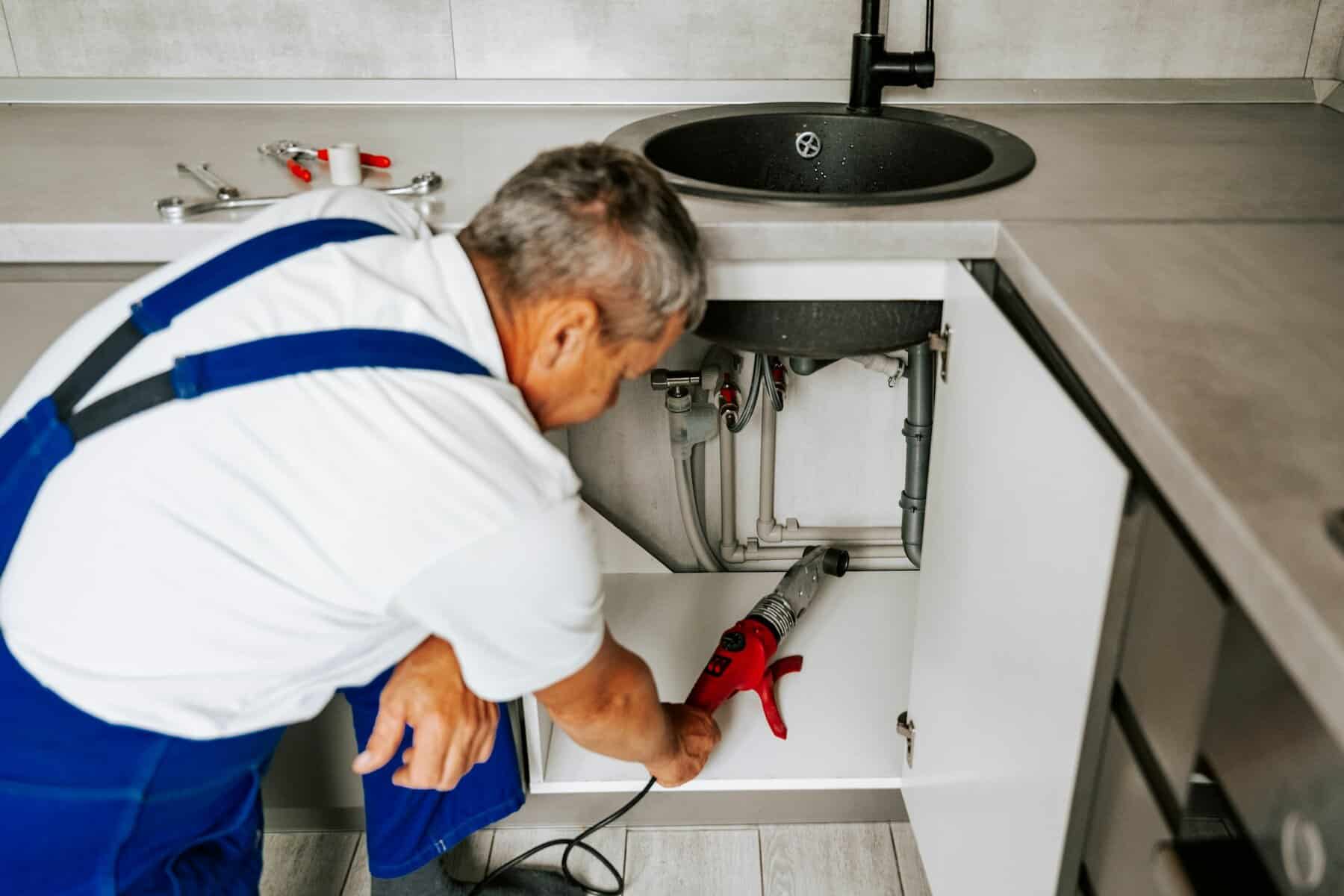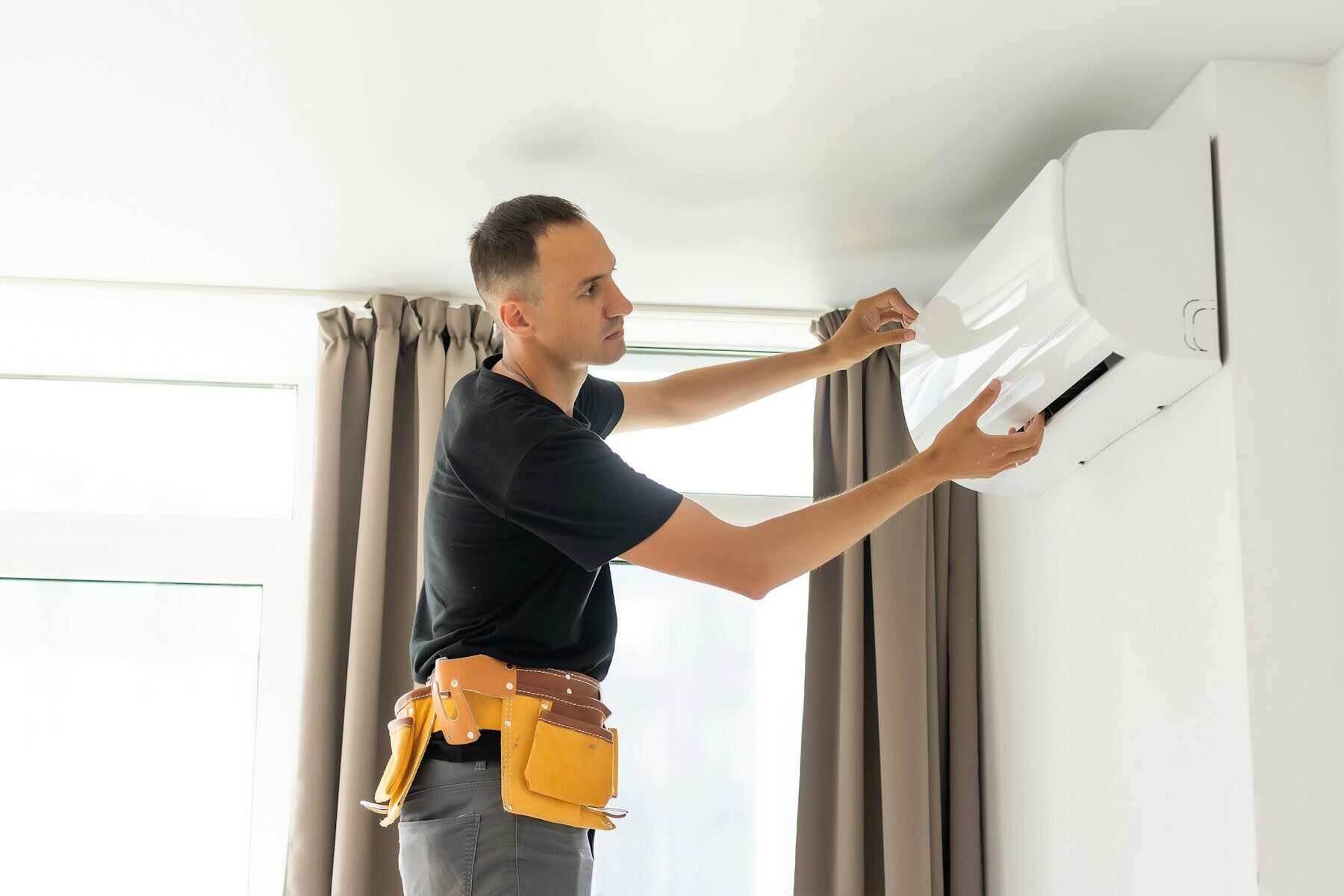As the days shorten and the crisp air of autumn hints at the winter ahead, ensuring a cozy home becomes more than just a luxury—it’s essential for comfort and well-being. The foundation of this warmth is a reliable heating system, ready to battle the chill. However, like any home system, heaters can run into trouble, often signaled by key signs. Identifying these signals early can mean the difference between a simple fix and a major repair, ensuring your home remains a haven against the cold.
Recognizing these early signs helps prevent unexpected breakdowns when the temperature drops. From strange noises to the unsettling smell of burnt wires, understanding these hints can keep your heating system running smoothly throughout the harshest months.
Unusual Noises
When your heating system starts making noises, it’s more than just an annoyance—you should consider it a cry for help. Common sounds that might indicate a problem include banging, clanking, or hissing. A banging noise often points to issues like air bubbles trapped in the system or a part that’s come loose. Clanking can mean a serious problem, such as broken internal components, while hissing might indicate a leaky pipe letting out steam or air.
Addressing these sounds promptly is crucial for maintaining the efficiency and safety of your heating system. Ignoring these noises can lead to bigger issues down the line, potentially escalating repair costs and causing longer heating outages. To ensure you avoid this, it’s wise to call in a professional when these sounds start to disrupt your peace.
Uneven Heating
Have you ever wondered why some rooms in your house are colder than others, even with the heat on? This uneven heating is a sign that something might be amiss with your system. You might notice some rooms feel just right, while others remain chilly despite your attempts to adjust the thermostat.
There are several reasons this might happen:
– Blocked or dirty vents can restrict airflow, causing some areas to receive less warmth.
– Issues with ductwork, such as leaks or blockages.
– Malfunctioning thermostats that aren’t signaling correctly to the heating system.
If you find yourself layering up in certain rooms, it might be time to get a thorough check of your heating system. Professional assessment can pinpoint the exact cause, ensuring all areas of your home remain comfortably warm during the fall and winter months.
Increased Energy Bills
When you notice your energy bills climbing without a change in usage, your heating system might be the culprit. A struggling heater often uses more energy to maintain the same level of warmth, hence the unexpected cost hike. A few simple checks can help you be more aware of this possible issue.
– Review your energy bills for unusual spikes compared to previous years.
– Consider other reasons for increased usage and rule them out, such as additional appliances or prolonged use times.
– Investigate other parts of your home for energy loss, like drafty windows or poor insulation.
If you’ve ruled out these common causes, then it’s likely your heating system’s inefficiency is causing your wallet to suffer. Professional experts can conduct a thorough inspection, identify the root of the problem, and suggest proper solutions to return your system to optimal performance.
Frequent Cycling
The term “short cycling” describes a situation where your heating system turns on and off more often than normal. Frequent cycling can cause wear and tear, reducing the system’s lifespan. This usually stems from problems like thermostat malfunction, clogged filters, or an oversized system struggling with small heat demands.
When your heater switches on and off repeatedly, it doesn’t get a chance to run efficiently. This shortens its lifespan and can leave some parts of your home cooler than others. If you notice this pattern in how your system operates, it’s time to consider reaching out to a specialist who can assess and resolve these cycling issues, keeping your home warm and your system healthy.
Strange Odors
Odors that arise when you turn on your heater can be alarming. A burning smell might hint at an electrical issue such as wires overheated from misuse. A musty odor may mean mold growth somewhere in the ductwork, a common problem in humid environments.
These scents aren’t just unpleasant—they can signal dangers like fire hazards or health risks. If you experience such smells, it’s imperative to act fast. Not only do these odors indicate potential problems with your heating system, but they can also impact the air quality in your home. Connecting with a professional can help diagnose these issues quickly, give you peace of mind, and ensure your home remains safe.
Keeping Your Saratoga Springs Home Cozy
Timely repairs are crucial in maintaining a comfortable and safe environment throughout the colder months in Saratoga Springs. Addressing heating system issues swiftly can prevent minor annoyances from ballooning into significant disruptions. A well-running heater helps keep your household cozy and reduces the risk of sudden breakdowns during a chilly night.
Regular checks and maintenance carried out by experts ensure longevity and top efficiency from your heating system. By understanding and observing these warning signs, homeowners can proactively protect their investments and embrace the winter season with warmth and confidence.
Encouraging readers to connect with professionals allows them to secure continuous warmth without the stress of unexpected failures. Emphasizing the real importance of professional expertise accentuates the benefits of preventive care for heating systems.
If your home in Saratoga Springs needs help with heating or plumbing before the cold settles in, count on My Jockey for fast, reliable support. Learn more about Saratoga Plumbing and how we can keep your systems running smoothly all season long.

